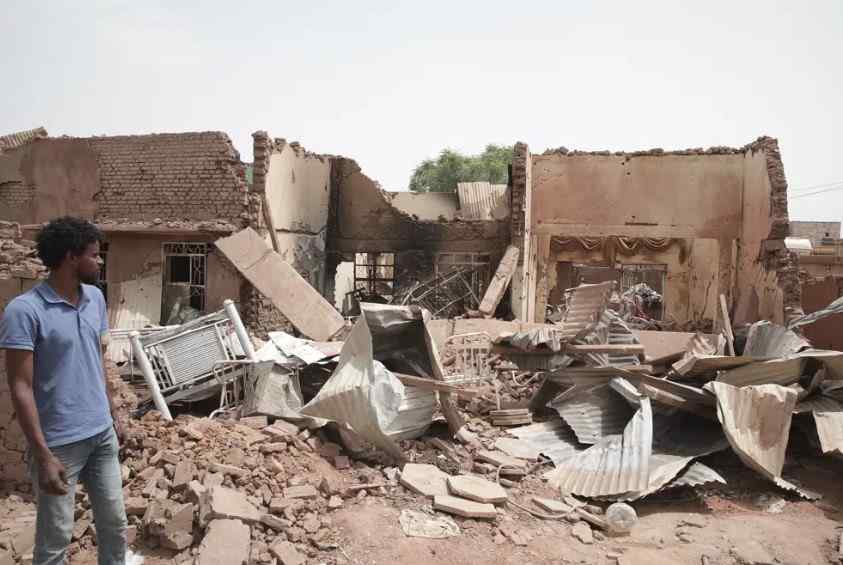In a series of discussions with leaders of armed groups from Darfur, President Mahamat Idriss Deby of Chad emphasised the importance of protecting civilians and taking measures to end the ongoing strife in the troubled Sudanese region.
At the invitation of President Deby, chiefs of the movements who are signatories of the Juba Peace Agreement congregated in N’Djamena over the past three days. The gathering of Darfur leaders included al-Hadi Idris of the Sudan Liberation Movement Transitional Council (SLM-TC), Minni Minnawi of the SLM-MM, Tahir Hajar of the Gathering of Sudan Liberation Forces, and Gibril Ibrahim of the Justice and Equality Movement.
Speaking to Sudan Tribune from N’Djamena, al-Hadi Idris revealed that President Deby underscored the immediate need for collaborative efforts to halt the conflict in Sudan, specifically in Darfur. President Deby also highlighted the plight of over 200,000 Sudanese displaced to Chad due to the hostilities in West Darfur alone.
Idris quoted Deby expressing apprehension that a full-blown war in Darfur could stretch Chad’s limited resources to breaking point.
The past week saw approximately 20,000 Sudanese refugees seeking sanctuary in Adré, a small town in Chad located near the border, as reported by the WFP. Since the onset of the conflict in April 2023, the influx of refugees from Sudan to Chad has exceeded 230,000, along with the return of an additional 38,000 Chadians to their homeland.
The meeting in N’Djamena, according to Idris, provided a platform for them to discuss the joint force they had established to protect civilians and its potential expansion beyond El Fasher. He noted that they had reached a mutual agreement on the need for coordination and collective action to deescalate the hostilities.
Idris stressed, “We have agreed on the unity of Darfur movements and a serious approach to prevent this conflict between the Sudanese army and the Rapid Support Forces (RSF) from escalating into tribal violence.”
The leaders also contemplated the feasibility of using Chadian airports as alternative points of entry for humanitarian aid delivery to the region, considering the existing route via Port Sudan in eastern Sudan requires additional troops for escort and consumes more time. However, Idris stated that the final call on this matter rests with the United Nations and donors who shoulder the transportation expenses for aid distribution.
On Wednesday evening, Hadi Idris arrived in the Ethiopian capital, joining a delegation of Forces for Freedom and Change (FFC). Sudan’s pro-democracy forces are conducting a regional tour to rally regional and international efforts to resolve the Sudanese conflict.
The peace groups, responsible for protecting markets, escorting humanitarian aid trucks from Port Sudan to various Darfur locations, and ensuring the safety of commercial and medical convoys, claim to receive no financial assistance from central authorities to underwrite the costs of these operations.
In related news, Idris denied rumours that they had met with Abdel-Rahim Dagalo, the second-in-command of the RSF, in N’Djamena. Both Idris and Gibril Ibrahim, the leader of the JEM, dismissed claims of such a meeting, stating it would have been unnecessary in Chad, as they could meet Dagalo within Sudan. These statements follow media speculation that Dagalo had attempted to rally movement leaders to side with the paramilitary against the Sudanese army.
Image Credit: Marwan Ali/AP




